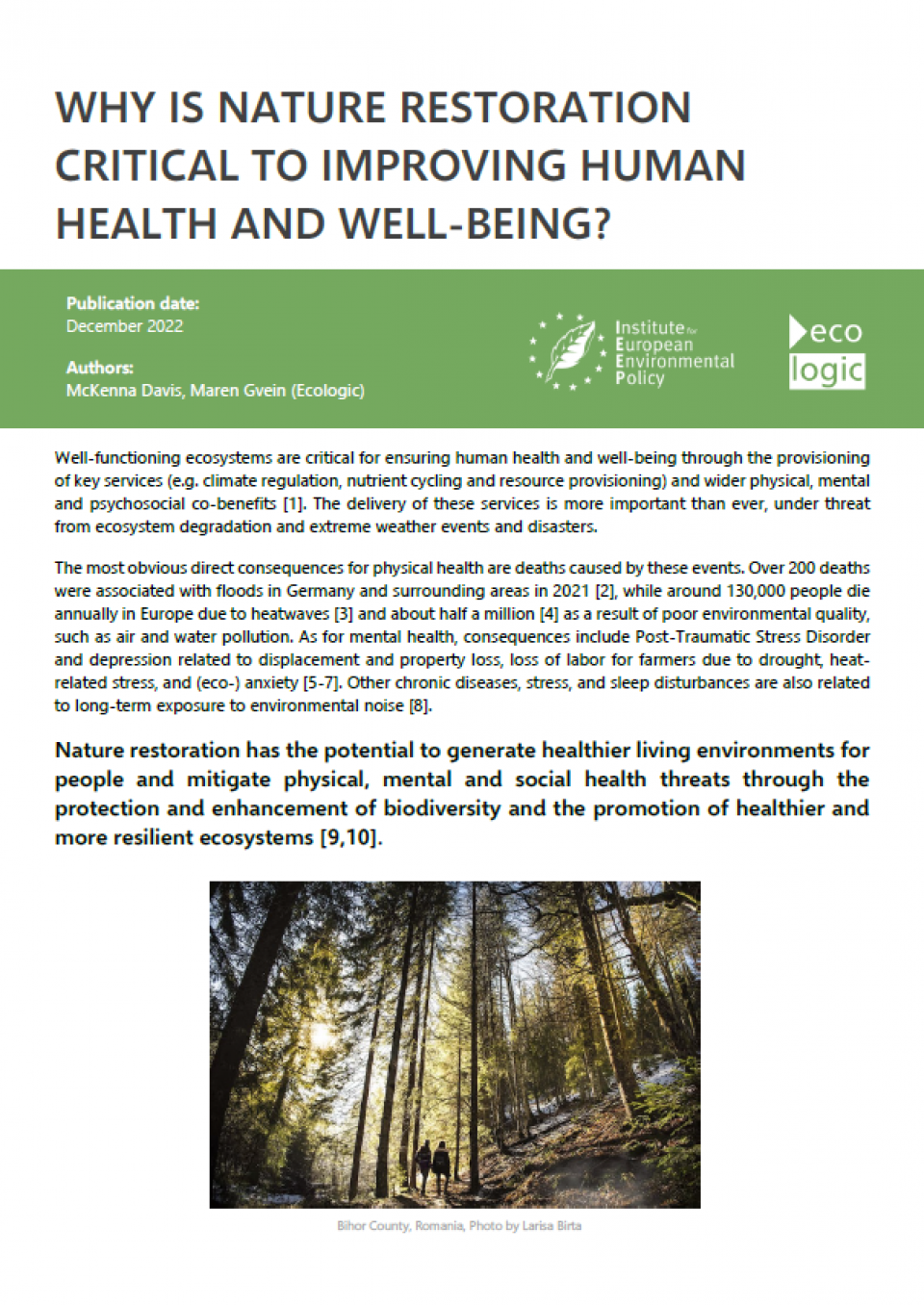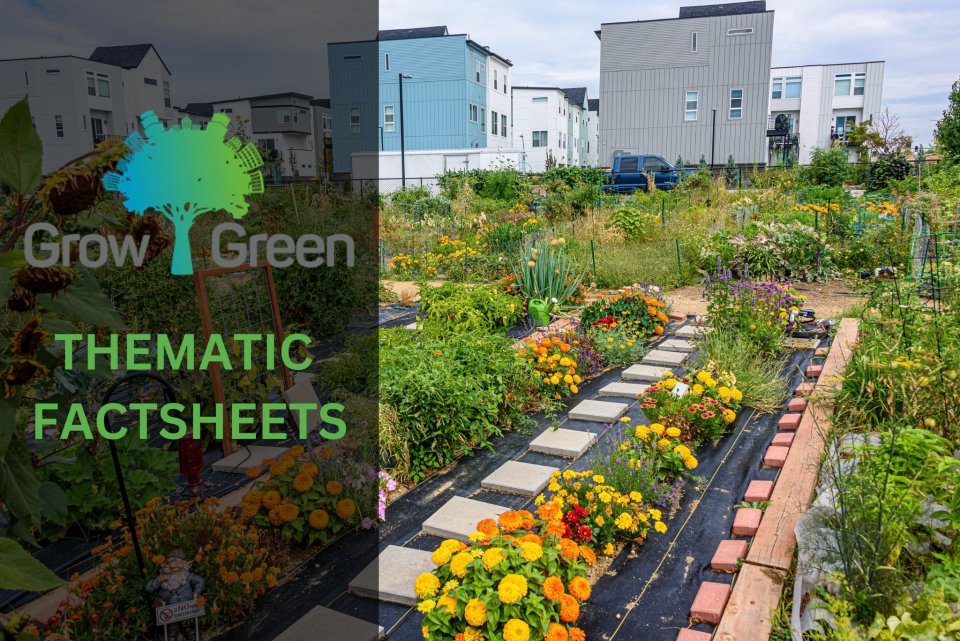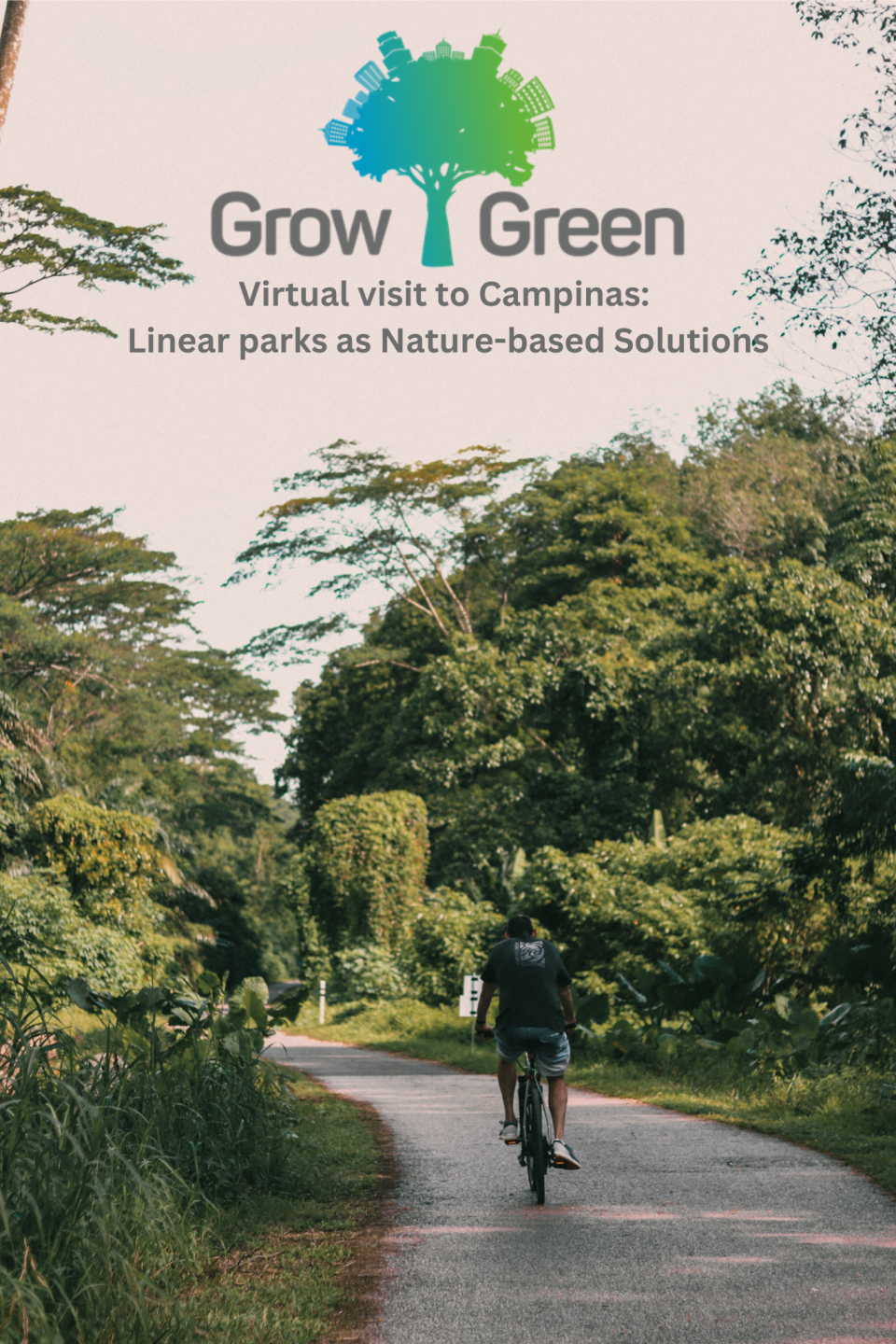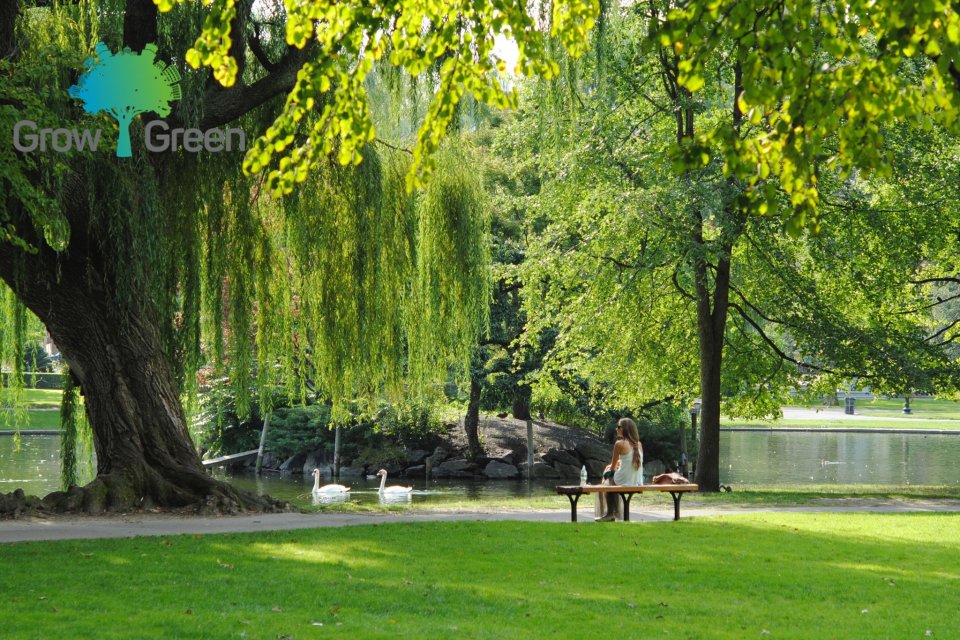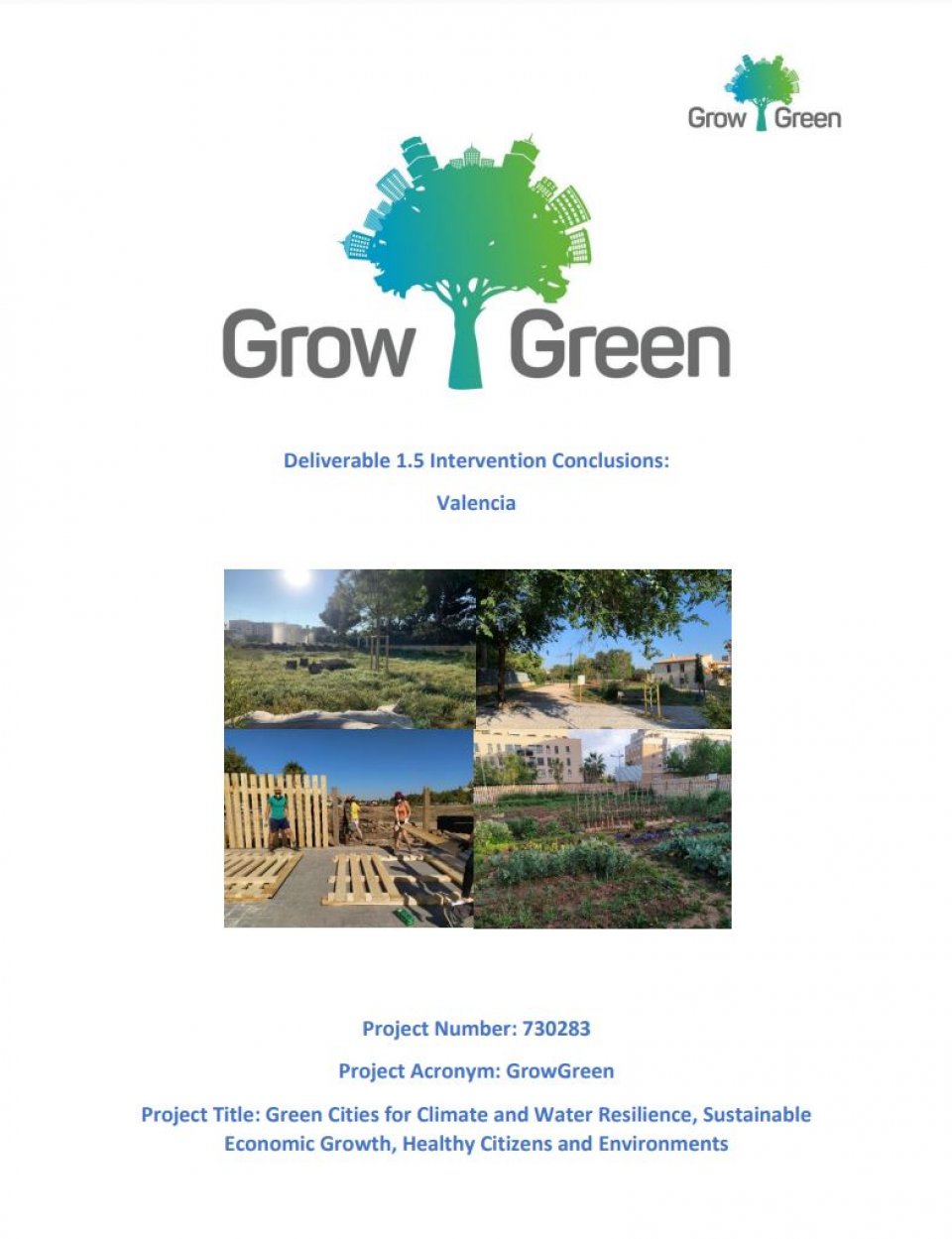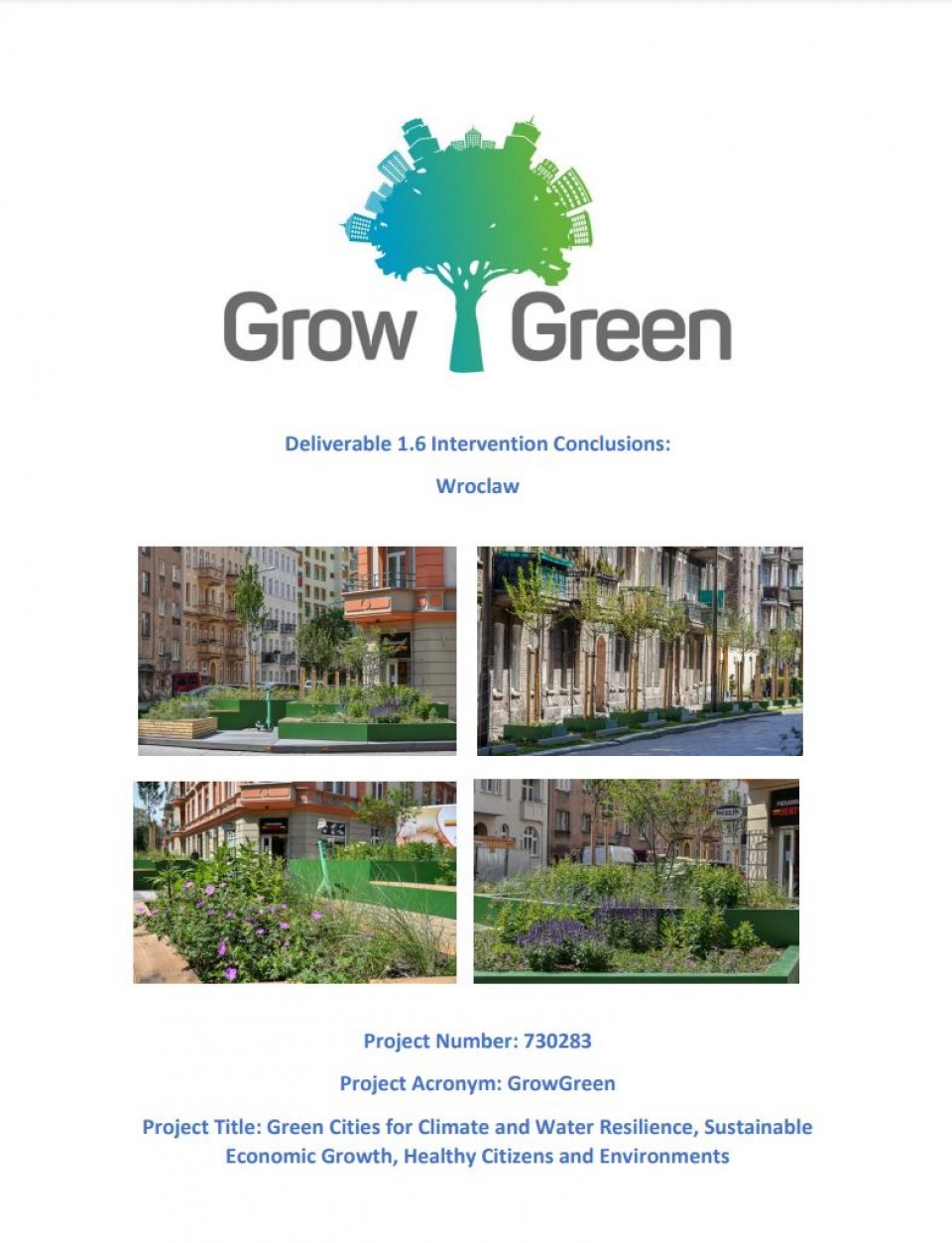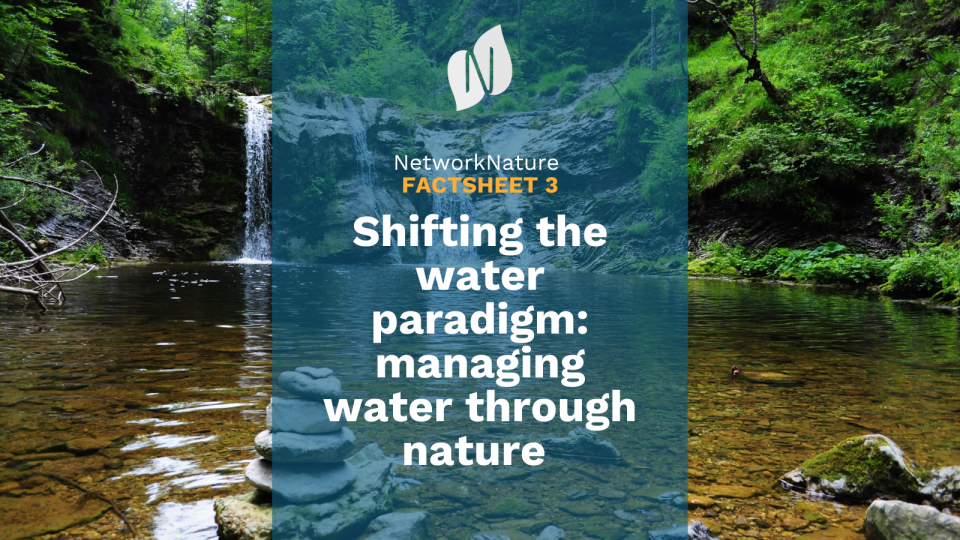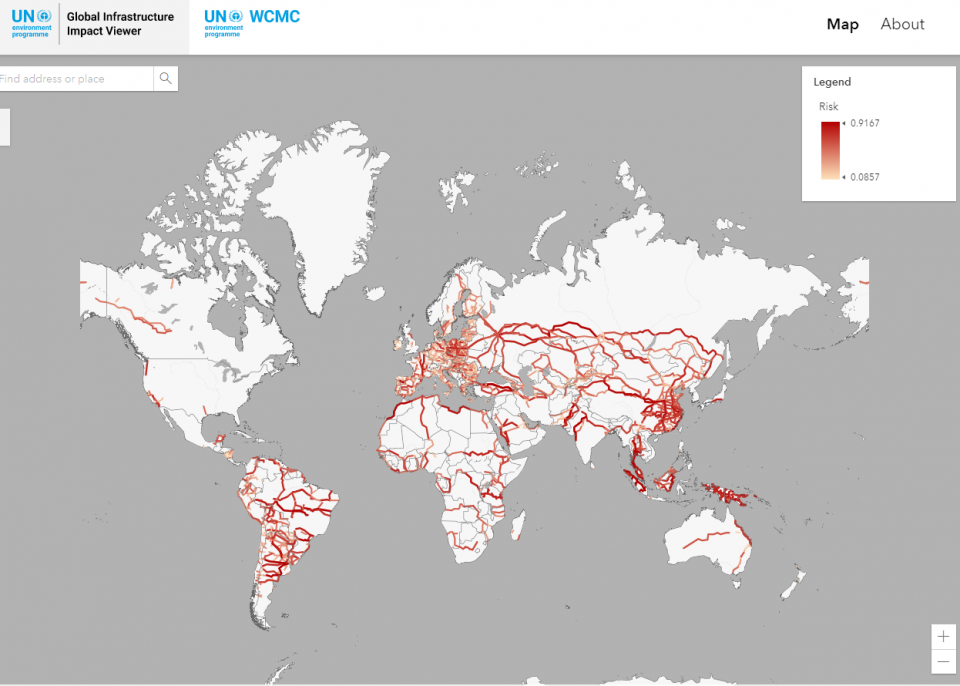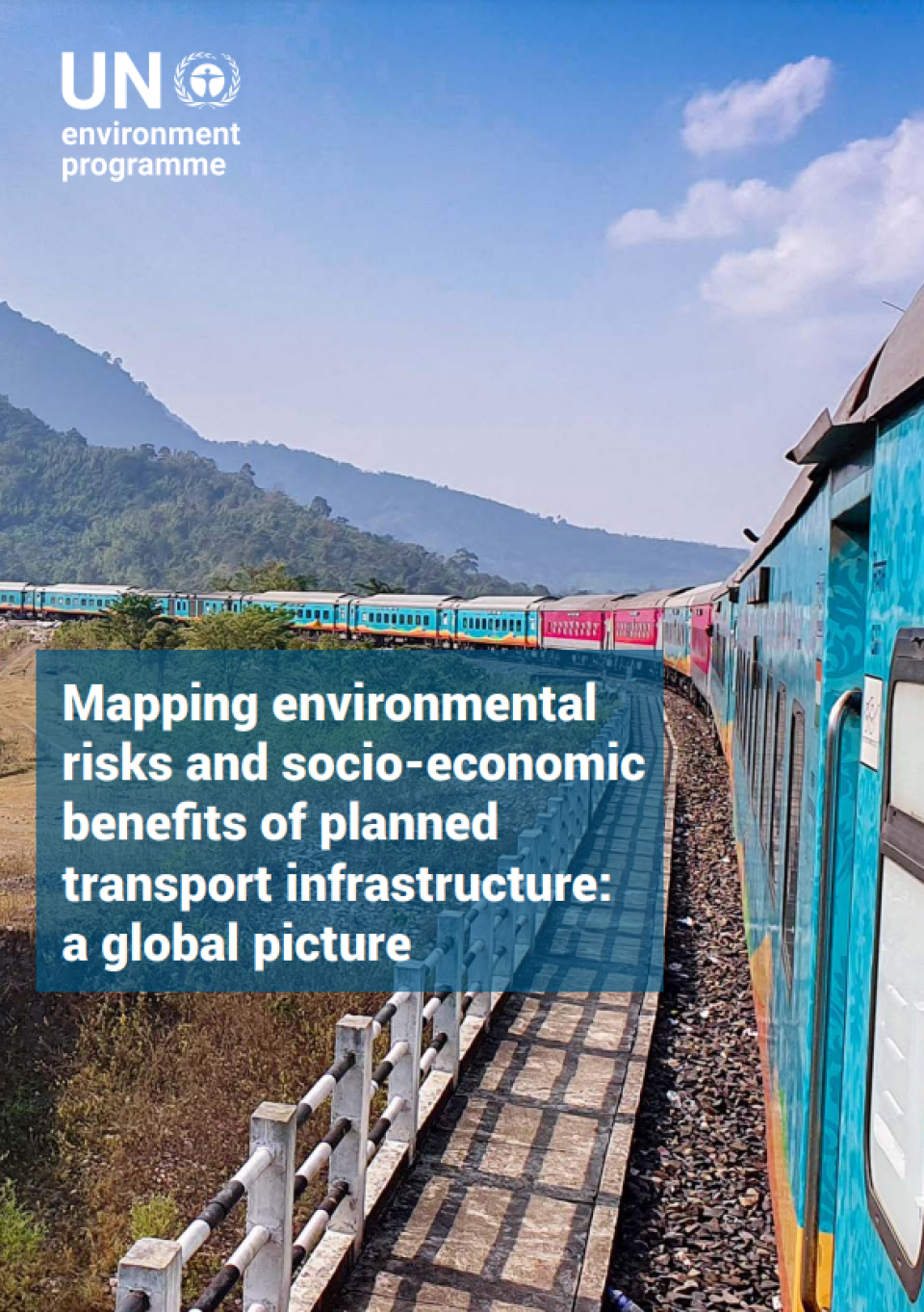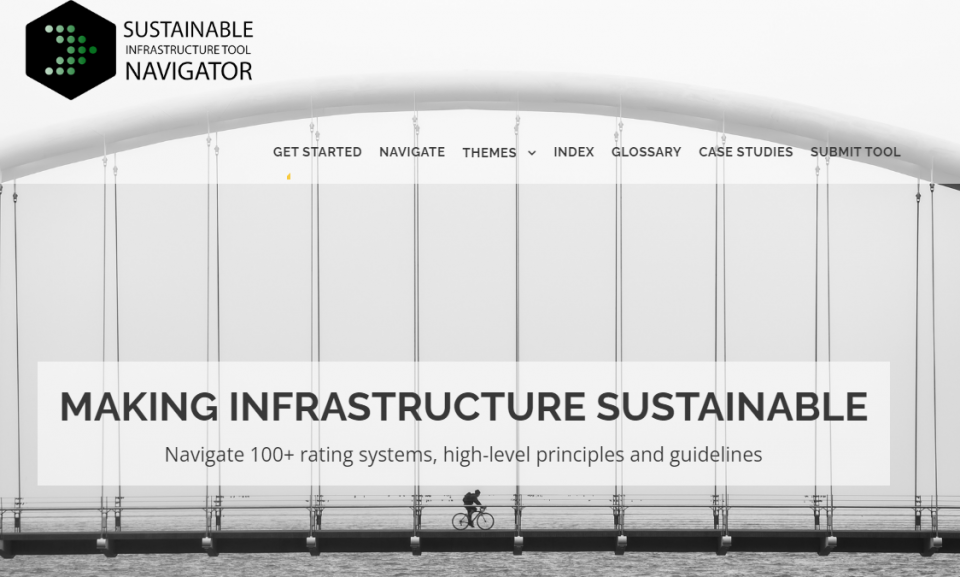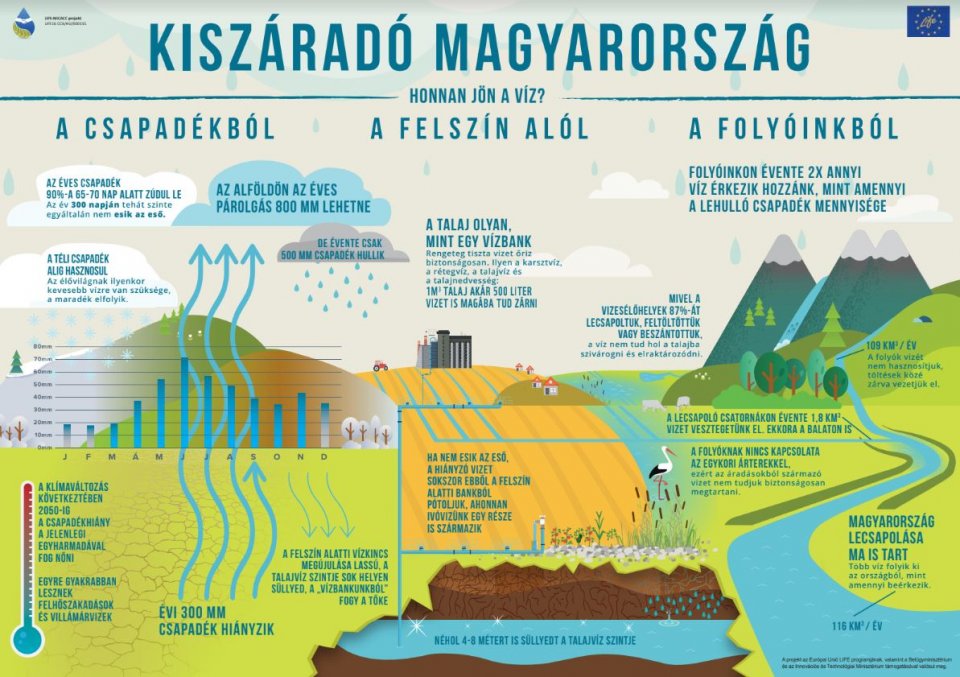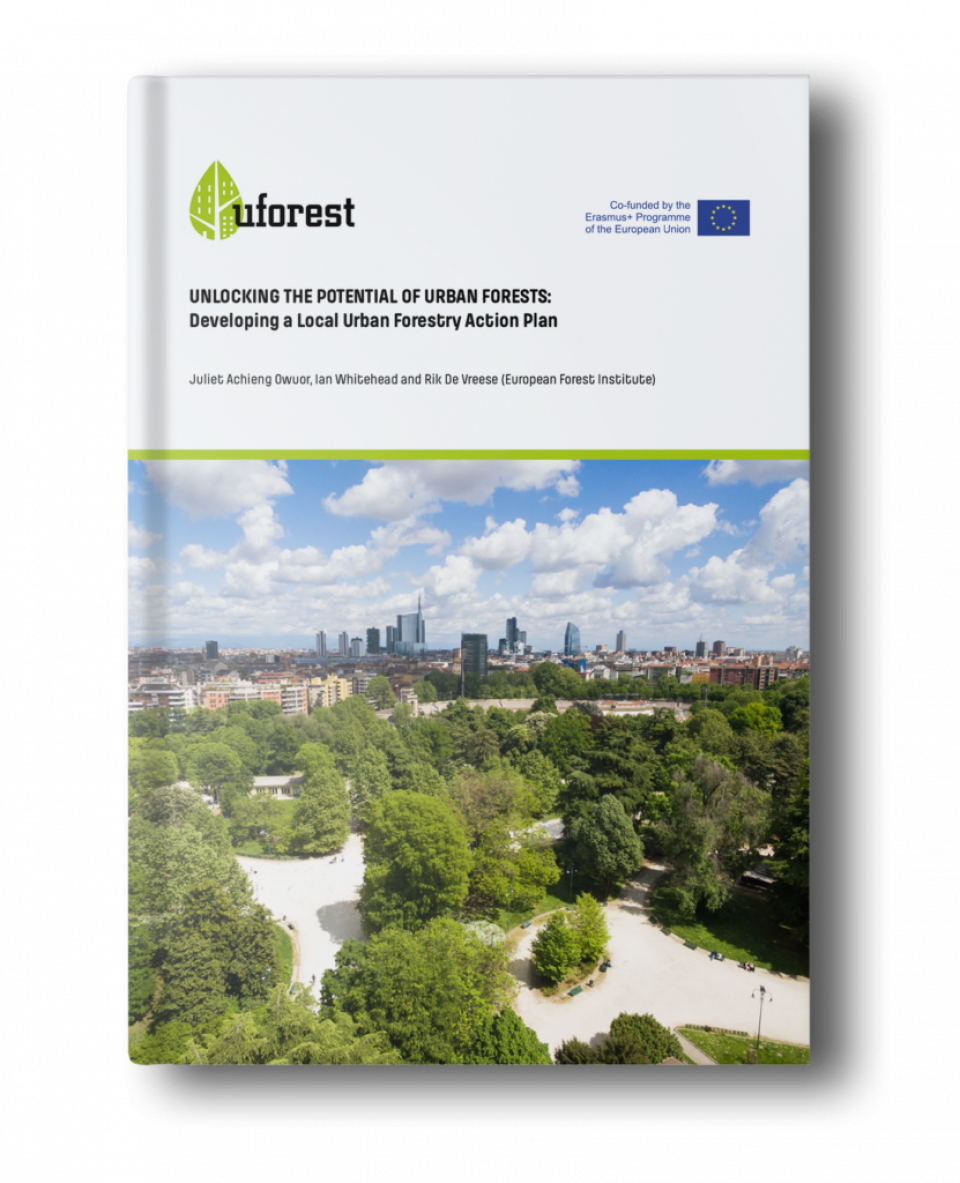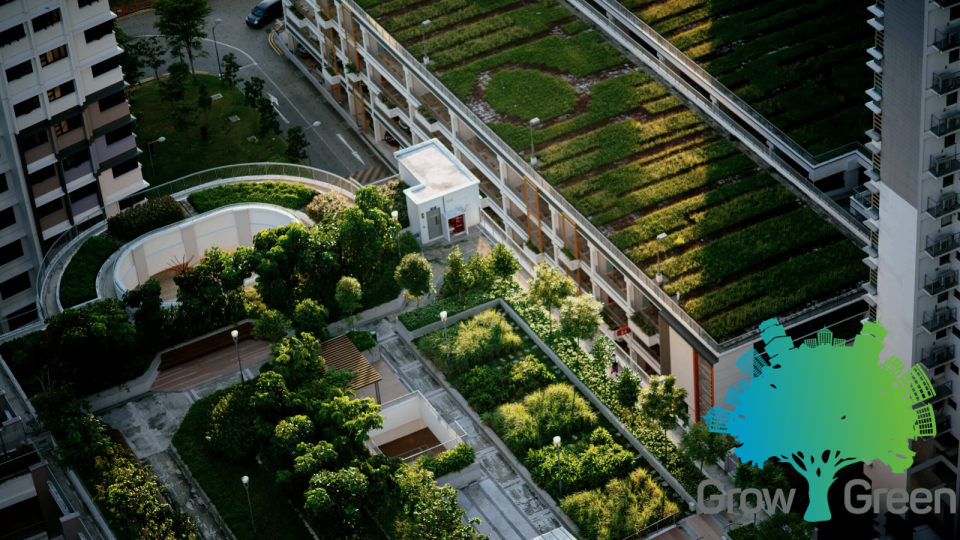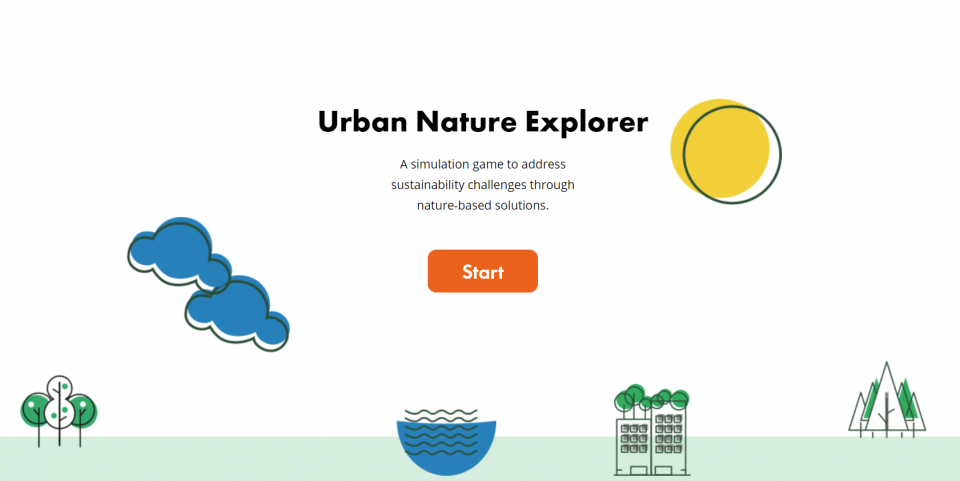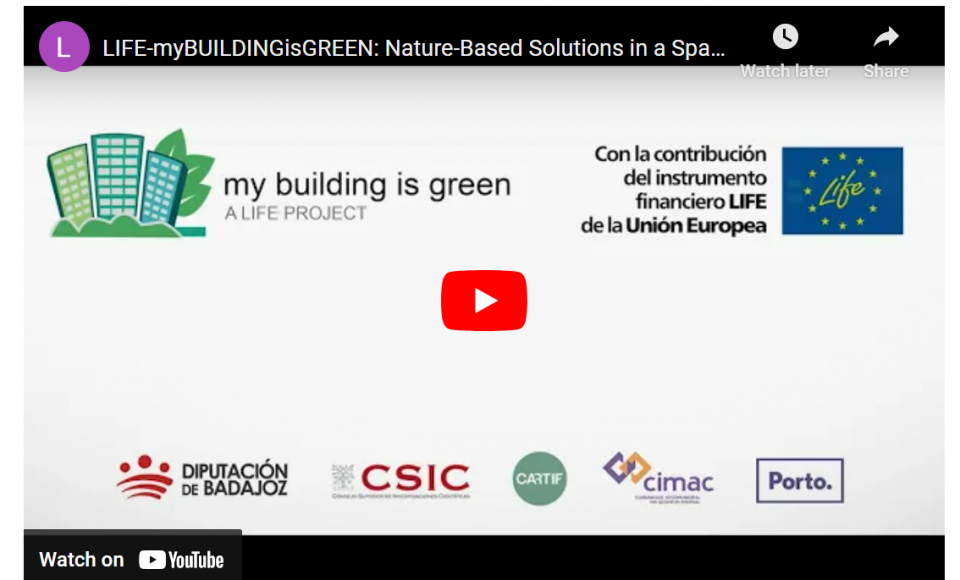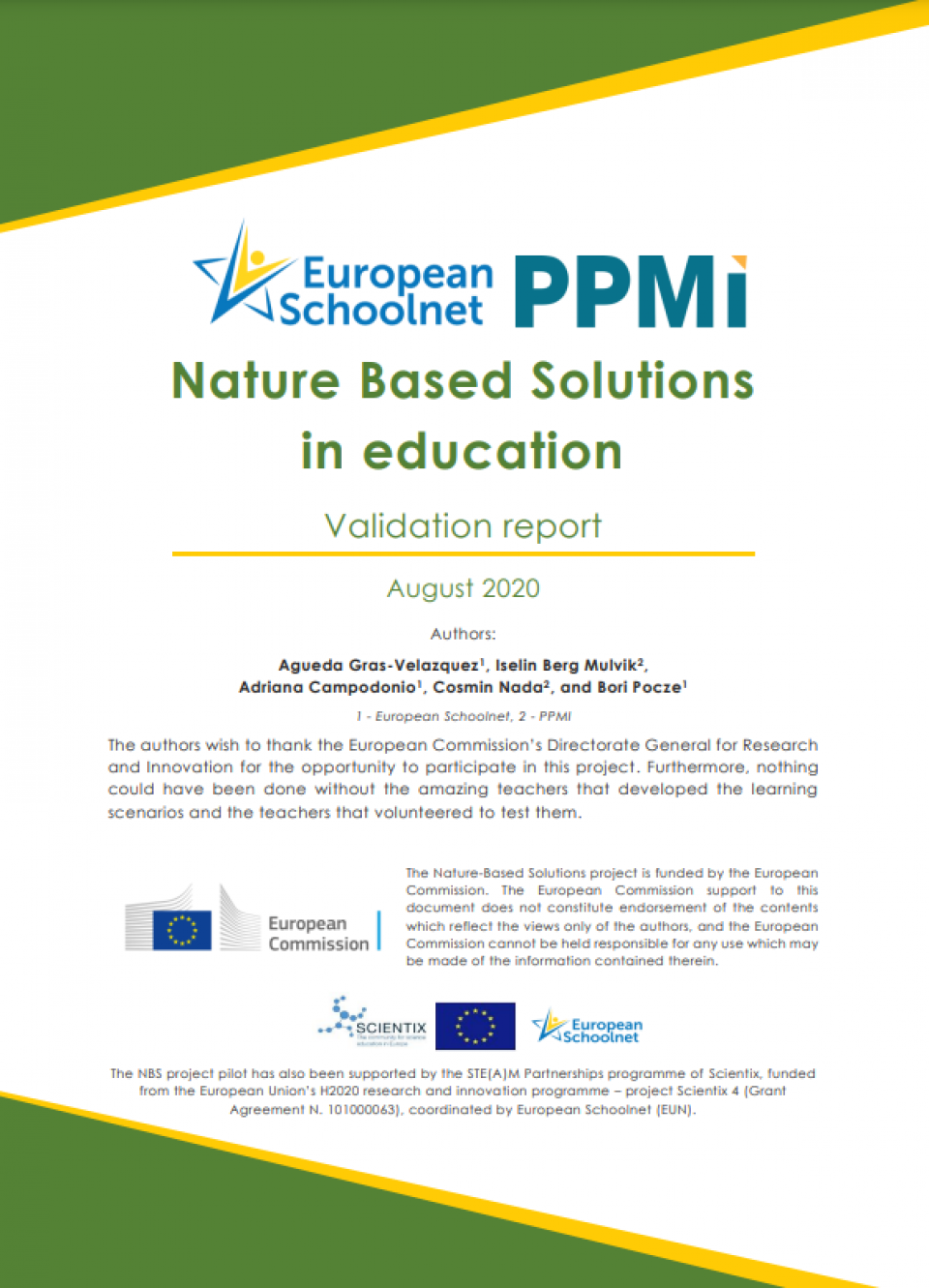Nature-based solutions resources
Why is Nature Restoration Critical to Improving Human Health and Well-being?
This policy brief highlights the importance of well-functioning ecosystems for ensuring human health and well-being, not least in light of climate change. Furthermore, it outlines the potential of nature restoration and specifically the law to generate healthier living environments and to mitigate
GrowGreen Thematic Factsheets
The GrowGreen Partners made a collaborative effort for creating a list of factsheets, in order to summarise the results of the various projects. The factsheets are organised by thematic area, that are biodiversity, economic impacts, heat stress, social benefits, water runoff, and water quality.
GrowGreen visit to Campinas: how linear parks can make a difference for people, nature and the economy
In order to strengthen engagement from political decision-makers and to create opportunities for the replication of Nature-Based Solutions (NbS), the political representatives of the GrowGreen cities were invited to participate in a virtual visit to the city of Campinas, Brazil. With more than 1
GrowGreen Cities Posters
What did the GrowGreen cities achieved? The progress of the different GrowGreen Cities during the last 5 years is summarised in these posters, which illustrate the most relevant results within the project.
EU - China collaborations in the GrowGreen project
This report examines the scope for future EU China collaboration on Nature Based Solutions (NbS). In the original call for “demonstrating innovative nature based solutions in cities” (H2020-SCC-2016-2017) the call made reference to the EU-China Sustainable Urbanisation Partnership and the EU-China
GrowGreen Report: Intervention Conclusions: Valencia
Within the EU-funded GrowGreen project, this report presents the challenges and results from the work in Valencia, focused on Benicalap, an area located in the north west of the city, chosen for the need for regeneration and investment. The aim of this report is to demonstrate how NbS can help
GrowGreen report: Intervention Conclusions - Manchester
This report details the interventions and outcomes of the Manchester GrowGreen project, funded as part of the European Commission’s 2016 Smart Cities and Communities Call for “Demonstrating Innovative Nature Based Solutions in Cities”. This report looks at the ways Nature Based Solutions (NbS), in
NetworkNature Factsheet 3: Shifting the water paradigm - managing water through nature
This Factsheet explores common water-related challenges, such as water availability, quality, and management, their associated risks, and relevant policies, while proposing nature-based solutions as a paradigm shift. By outlining key benefits of using nature for an integrated and ecosystem-based
Global Infrastructure Impact Viewer
A tool for visualising the first global database of planned road and railway infrastructure, and the risks and benefits it may pose to people and the natural world. Change the filters below to explore the data, and click on a country or project on the map for further details.
Mapping environmental risks and socio-economic benefits of planned transport infrastructure: a global picture
This technical report investigates the benefits of planned road and rail transport infrastructure projects for society and the economy, as well as the consequences for biodiversity and ecosystem services. To date, impacts of infrastructure development on ecosystem services have not been widely
Sustainable Infrastructure Tool Navigator
The Sustainable Infrastructure Tool Navigator was designed to help users identify the most relevant tools for their needs and goals. You can search our database by keyword or filter by types of tools, sectors and infrastructure lifecycle phases, amongst other things. Detailed information on each
VÍZGAZDÁLKODÁS: Természetes vízmegtartó megoldások a települési klímaalkalmazkodásban
A 2018 és 2021 között megvalósult LIFE-MICACC projekt célja az önkormányzatok integráló és koordináló szerepének megerősítése az éghajlatváltozáshoz való alkalmazkodás érdekében, az alábbiakban közzétett tudásanyagok a projekt keretén belül készültek. Az anyagok első csoportja az önkormányzatoknak
Unlocking the Potential of Urban Forests: Developing a Local Urban Forestry Action Plan
In recent years, there has been increasing interest about urban forestry as efficient nature-based approach to tackle many challenges connected to urbanisation and climate change. Faced with these challenges, cities need to build resilience through adaptation, mitigation and disaster risk reduction
Nature-based solutions in the GrowGreen cities: videos
As the evidence base on the role and benefits of nature-based solutions (NbS) grows rapidly, these solutions are featuring with increasing prominence in global climate change policy, stressing the importance of their implementation in urban environments. The Horizon2020 project GrowGreen has
Urban Nature Explorer
A simulation game to address sustainability challenges through nature-based solutions.
My building is green Nature-Based Solutions for Adapting Buildings to Climate Change
In the following video, different people involved in and/or affected by the LIFE-myBUILDINGisGREEN project explain the characteristics and benefits derived from the Nature-Based Solutions (NbS) implemented by the project in the Gabriela Mistral school from Solana de los Barros, province of Badajoz
Nature-based solutions for creating circular cities Course
This course provides knowledge on how to create such cities by using nature-based solutions (nbs). It comprises knowledge on resources flows and management of these flows in cities, appropriate nature- based solutions for managing resources, implementation aspects and number of worked examples to
Urban Nature: Connecting Cities, Sustainability and Innovation Course
How can we work with nature to design and build our cities? This course explores urban nature and nature-based solutions in cities in Europe and around the world. We connect together the key themes of cities, nature, sustainability and innovation. We discuss how to assess what nature-based
Nature Based Solutions in education
Citizens and experts have identified better awareness of the opportunities, benefits, and limitations of nature-based solutions as one of the main factors that could facilitate the transition to more sustainable cities and territories. Nature-based Solutions (NbS) use nature and ecosystems to
ClairCity Educational resources
As an educator you are acutely aware that not only are young people our future, they are also one of the groups that are most at risk from air pollution and climate change. Use the resources to inspire young people into action so we can all benefit from a future with clean air!
- ‹ previous
- 16 of 33
- next ›

